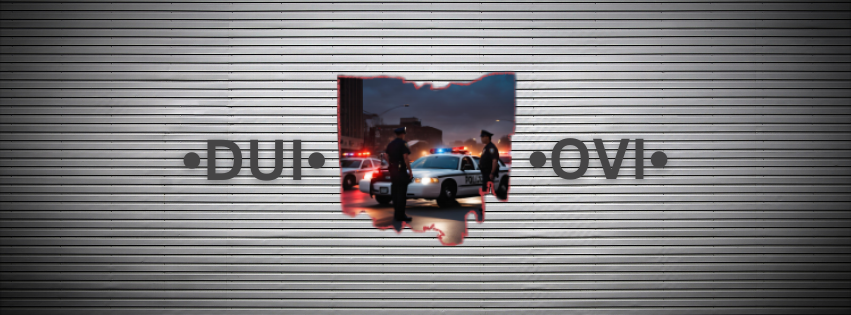This fun look at an every-day application of the Rule of Law was originally published on April 28, 2017 athttp://thefederalist.com/2017/04/28/rule-law-partly-responsible-mario-karts-success/
The Rule of Law is Partly Responsible for ‘Mario Kart’s’TM Success
Rule of Law applies to king and pauper alike.
Underneath the seeming randomness of the races and battles is an ironclad rule of law enforced on Mario and Wario alike.
Today Nintendo releases “Mario Kart 8 Deluxe” for the Switch, providing another entry into a legendary franchise that has sold more than 100 million copies. The frenetic gameplay and child-friendly characters have been mainstays in neighborhood basements and college dorm rooms for more than a generation. They continue to cause untold broken controllers and shattered relationships.
Underneath the seeming randomness of the races and battles is an ironclad rule of law enforced on Mario and Wario alike. In “Mario Kart,” Lakitu the game master rules the courses with perfect neutrality, allowing former enemies to compete (mostly) fairly while still being truly themselves.
The rule of law is the legal principle that states that a given set of rules is equally applicable to all. Unless otherwise stated, the king gets no special treatment compared to the pauper, nor the other way around. The result of any adjudication should be the same regardless of which judge a party goes before.
In Mario Kart, All the Same Rules Apply to Everyone
In “Mario Kart,” every race starts with the same 3-2-1 countdown and Lakitu, the little goggled Koopa in a cloud, releases the racers to three laps around the track. The racers can then do just about anything, including gliding and driving on walls, in their race to the finish. Randomness abounds, with the racers able to collect and use items ranging from the relatively innocuous bananas to the game-altering blue shell.
None of the characters can subvert these rules. Bowser may be powerful enough to recreate solar systems, but he sits in his go-kart like everyone else. Mario may be the designated hero, but he gets no special privileges except having his name on the game. The lesser-known characters, from the Koopa Kids to the Shy Guys, have an opportunity to compete on equal terms for once instead of getting jumped on or squished. In the universe of the game, the rule of law is set.
Now, for the players outside the game chucking their controllers, it may seem that things are unfair. The game does cheat against the player the better he does. The AI gets faster. The items weaken. But in a sense, this is “fair” under the rule of law. The player knows the rules going in and continues to play. It may be obnoxious and downright communist for the last-place player to be given a Bullet Bill that rockets him to first place or the game to only give those in first coins that don’t really do anything, but that shows the rule of law can exist outside of natural law.
Nothing inherent in the races would lead to which algorithm should be used to provide items to racers in which position, nor must there be. The rules are the same and sensible in their nonsense. Some bodies of water can be driven through while others cannot, but it is always the same bodies, and all racers react the same. The squid a player releases blinds all the other players equally, until they use a mushroom or run over a chevron. As I said, sensible nonsense can still be the rule.
The Rule of Law Creates Stability for Good and Evil Alike
Now, why would Bowser, king of the Koopas, demean himself to live by the rule of law, especially one enforced by his former peon? He has numerous castles, can spit giant fireballs, and stomp just about everyone. But even with all that and more, he cannot stop a plumber from overthrowing his kingdom at will. In “Mario Kart” under these rules, Bowser can win just as easily as Mario and knows what input will result in which outputs.
Bowser the criminal receives a new way to use his talents where he can still achieve dominance. Perhaps most importantly, when he loses under this civilized order, he can race again. When he loses under the rule of might, he gets dropped into burning lava and his castle collapses on top of him.
Mario likewise gives up his primary role of hero, as well as allowing Bowser and his lackeys a renewed chance at success and freedom. He is forced to extend some mercy in allowing Lakitu to treat them as neutral instead of evil. Mario, however, gets the threat of a Koopa Kingdom diminished as long as the criminal elements are ordered in a way that is mutually beneficial or at least not destructive.
The benefits given by treating the bad and good equally may at first seem to be a better reward for the bad, but this allows long-term success for the virtuous as well. The rule of law creates stability instead of the see-saw of power between the Bowser and Mario regimes so all the citizens of the Mushroom Kingdom can take a joy ride on the beach.
Speaking of the other members of society, the rule of law in Mario Kart shows that cultural pluralism demands an equal rule of law for each member to be truly himself without fear of retribution. When a villainous character like Waluigi hits another racer with a red shell, Waluigi isn’t punished for it. The substance of his character is entirely divorced from how the rules apply to him.
Wario and Waluigi can still grimace and growl, even grumble that “everybody cheated” when they lose, but as long as the system of law and fair judges are in place, they don’t rebel. If Lakitu allowed some racers to flip bananas and others not only because of who they were, the prejudiced racers would rightly look somewhere else than the road to settle the score. Chants of “burn it down” don’t come from citizens with a firm belief in the rule of law. They come from the overlooked and those distrustful after being burned too many times from those enforcing the ever-changing rules.
Adam Mathews is an intellectual property attorney with Dearie, Fischer & Mathews.





